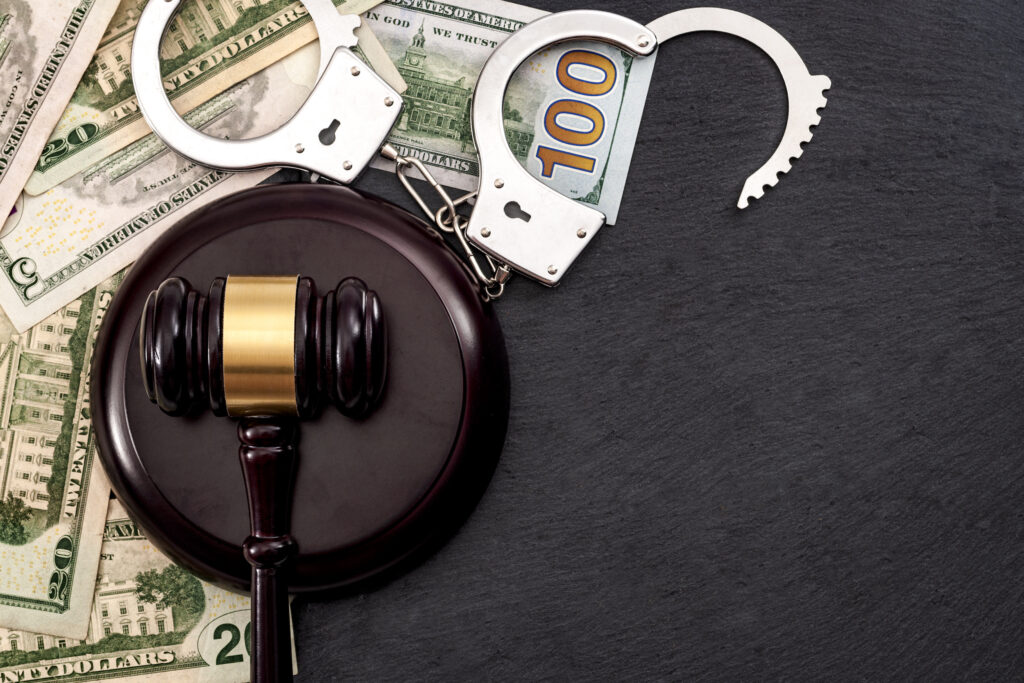
More than 10 million people are arrested each year nationally. If you or a loved one find yourselves among these numbers, you may consider a bail bond as a way to get out of jail. However, you should know a few things before choosing to use a bail bond.
1. Bail Bonds Aren’t a Get Out of Jail Free Card
Some people look at bail bonds as a get-out-of-jail-free card. It’s a common misconception that you can post bail using a bond and never worry about your arrest again. However, this is far from accurate.
For starters, the bond will need to be paid back. In addition to the total amount of your bail, there may be additional fees. Everything must be paid in full, according to the agreement between you and the bond company.
Additionally, there may be non-monetary requirements that have to be met. These usually depend on what you were arrested for. A few examples include:
- Attending a drug education or rehabilitation program
- Attending domestic violence or anger management classes
- Not possessing a firearm
- Maintaining gainful employment
2. Bail Fees Are Pre-Determined
It isn’t just a random number thrown out there when your bail is set. Instead, bail fees are calculated using pre-determined amounts that consider numerous factors.
A few examples of factors that affect bail fees include:
- The crime committed
- Prior convictions
- Your determined flight risk
- The severity of the crime
3. Bail Bonds Aren’t a Legal Right
Receiving a bail bond isn’t a legal right. A bond agency has the right to refuse its service to anyone at any time. If you’re well-established in the community and don’t have numerous prior convictions, you’ll likely be approved for a bail bond.
However, bonds are regularly refused to people who are deemed flight risks. But what does “flight risk” really mean?
A flight risk may mean you’ve previously skipped bail or failed to appear in court. It could also mean you don’t have family, a home, or a job in the area. Without these things holding you to the area, it’s assumed to be easier for you to flee.
It’s also important to know that if you flee or fail to show up for court, the bail bond agency can (and will) send someone after you. The person sent to retrieve you may be a bounty hunter or a bail bond enforcement agent.
When the retrieval specialist finds you, they’ll take you back to prison. Once you’ve been returned for fleeing a bail bond, you aren’t eligible to receive another one. This means it’s crucial to make your payments and show up to work on time.
4. Bail Bonds Can Have Multiple Co-signers
You must have at least one co-signer to receive a bail bond. This will be the person who visits the bail bond agency on your behalf. They’ll need to sign the contract along with you.
These co-signers accept responsibility for the person jailed. Essentially, they’re promising the detained person will attend court, won’t run away, and meet other requirements. Each bail bond can have multiple co-signers, but every co-signer will be held liable if the bond contract is broken.
5. There Are Multiple Bond Types
There are different types of bail bonds you might use. Which type is right for your circumstances will depend on your ability to pay or the kind of crime committed.
For example, a federal bail bond is necessary if you’ve been accused of a federal crime. These leverage higher fees and require more collateral compared to alternative options. If you can pay the total bail amount upfront in cash, it’s called a cash bond.
Most people will need to get a surety bond. This is when a third party (like a bail bond agency) agrees to step in and pay if the accused doesn’t make their appearance in court.
An alternative option is a property bond. This is when a property is placed against the bail fees instead of cash or other forms of collateral.
However, collateral can be often used instead of cash for most bail bond types. Commonly used collateral may include vehicles, high-value jewelry, or collectibles.
6. You May Not Have Your Bail Bond Refunded
In some cases, bail can be refunded in whole or part. This happens after a person makes their appearance in court and proves all bond requirements were met. If you paid the bail in cash, you should get your money back after the accused makes their court appearance.
However, you won’t get your money back if you use a surety bond. For a property bond, you’ll retain ownership of the property so long as the court date is attended.
In the unfortunate event that the person making bail doesn’t appear in court, all of the bail is forfeit. If you used collateral, you don’t receive it back. This includes any property placed against the bail.
7. Make the Process Faster by Having the Right Information
Before you contact a bail bond company, you’ll need to gather certain information. This makes the process faster and ensures you (or your loved one) make bail quickly.
You’ll need the full, legal name of the person arrested and the charges they’re being accused of. You’ll also need to know their booking number and the name of the jail where they’re being held.
If you can gather any other information about the arrest, this could be useful. For example, additional information may help determine whether you’re eligible for a bail bond.
Learn More About Bail Bonds
Although these are the most crucial things to know about bail bonds, this doesn’t cover everything. If you still have questions about bail bonds or the process of posting bail, contact us today.